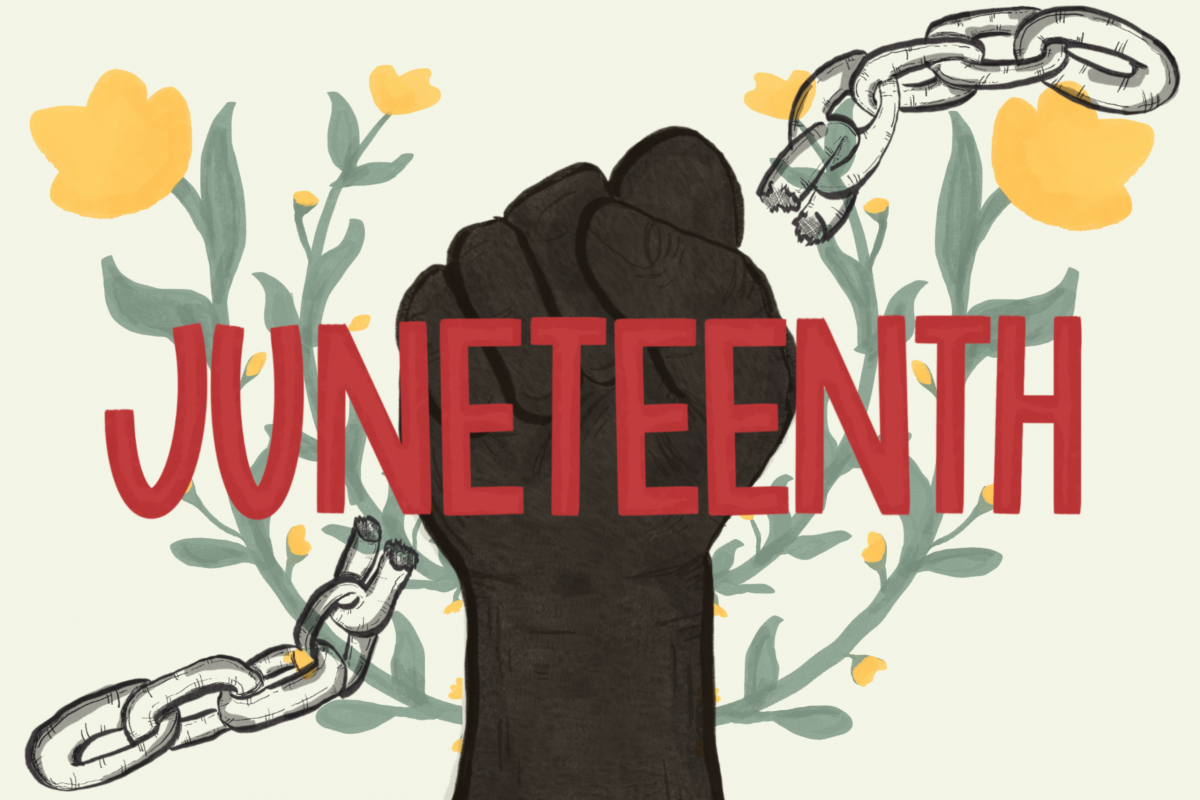Although Juneteenth commemorates the end of slavery in the United States, the date the holiday observes, June 19, 1865, came more than two and a half years after the Emancipation Proclamation, when Texas finally received word that slavery had ended.
It may come as a surprise, but President Lincoln’s Emancipation Proclamation did not effectively free the nation’s slaves. Instead, it was a strategic wartime measure used to redefine the American Civil War as one fought against slavery, discouraging European nations who opposed slavery from rallying behind the Confederacy. In fact, the proclamation only applied to enslaved persons in Confederate territories that weren’t currently controlled by the Union Army.
As news of the proclamation traveled with Union troops across the country, some Southern slaveholders fled to Texas where the Confederacy maintained its status quo. But on June 19, 1865, six months after the U.S. Congress passed the 13th Amendment and two months after Lincoln’s death, 250,000 Texas slaves finally received news of the proclamation.
To learn more about the holiday and what it tells us about the history of slavery in Texas, we talked to Black Studies scholars at The University of Texas at Austin:
Why was Texas able to withhold announcing the Emancipation Proclamation for so long?

Rachel E. Winston, Black diaspora archivist at the UT Libraries:
There are varying ideas and folklore that suggest what caused the delay. Some attribute it to the lack of Union troops in Texas and resistance to the proclamation, or a deliberate withholding of the news to allow for profits from one more harvest to be received. Some stories suggest a messenger sent to deliver the news was killed on his way to Texas. Others say a messenger set out by mule to deliver the news, and the journey from Washington to Texas took more than two years’ time.
What are some common misconceptions people may have about slavery in Texas?
Winston: Texas is often overlooked in slave trade scholarship because statehood was gained two decades before the end of the Civil War, and additionally, because New Orleans was the epicenter of Deep South slave trading. However, planters from all over the United States and merchants from Mexico and the Northeast fled to Texas beginning in the years prior to 1845, taking advantage of lenient land acquisition policies and alluvial soil that was well suited for the cultivation of cotton and sugar. With them came enslaved laborers whom they purchased, stole, and kidnapped from other states and countries.
This sounds like a story about Texas. Why is Juneteenth celebrated nationwide?

Daina Ramey Berry, Oliver H. Radkey Regents Professor of History and African and African diaspora studies and associate dean of the Graduate School:
As a scholar of slavery and of the enslaved, I believe we should celebrate Juneteenth because it represents an opportunity to reflect on the complicated meaning of freedom. Freedom that came at the end of the bloodiest war on the American soil where more than 700,000 lives were lost. Freedom that came at the death of many enslaved people who never lived to see it, and freedom that people still fight for today. Juneteenth is a holiday where people consider notions of liberty and justice, clearly issues that remain the center of our attention — even today.
How should we celebrate this Juneteenth?

Kevin Cokley, Oscar and Anne Mauzy Regents Professor for Educational Research and Development and African and African diaspora studies and director of the Institute for Urban Policy Research and Analysis:
I will use the words of the historian Mitch Kachun, who says that celebrations of the end of slavery should have three goals: to celebrate, to educate, and to agitate. Given the centrality of food to African American culture, celebrations usually feature food (e.g., cookouts, family reunions, outdoor parties, picnics, fairs). Additionally, there are typically lectures, presentations and exhibitions that showcase African American culture. Readings from prominent African Americans are also often featured.
Also, this is a time to remind people about the history and continuing experience of racism and oppression that has unfortunately defined much of the African American experience. People should use this time to advocate for social justice, as is currently going on regarding the issue of police brutality.
